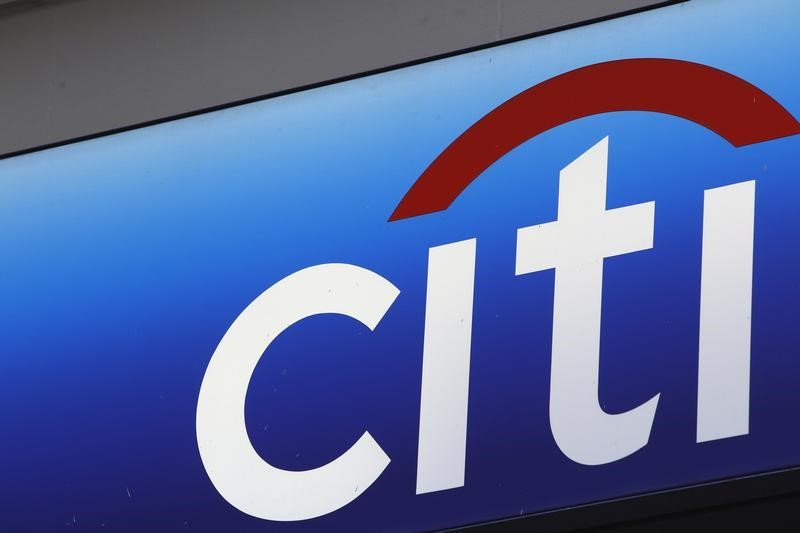Street Calls of the Week
By Amanda Becker and Emily Stephenson
WASHINGTON (Reuters) - A top Democrat in the U.S. House of Representatives on Tuesday said unpopular Wall Street banks got a long-sought rollback to Dodd-Frank reforms through Congress last week partly by leveraging the influence of smaller banks that hold greater sway with lawmakers.
"They have been working for a long time, trying different strategies on it," California Representative Maxine Waters said in an interview. "The big banks are in trouble with most legislators... so they put the regional banks in front of them in order to gain more support."
Citigroup Inc and JPMorgan Chase & Co wanted to turn back a provision in the Dodd-Frank law that would have forced banks to push derivatives trading into separate units. The "push out" rule would have boosted banks' trading costs.
The rollback was included in the $1.1 trillion spending package passed by Congress that funds most government agencies through September 2015.
Wall Street banks launched a full-court press this year to get the provision into that bill, lawmakers and congressional aides said. Banks wanted a vehicle most lawmakers would feel compelled to vote for before the rule took effect in July 2015.
"They knew this was a must-pass bill," Waters said.
The derivatives rider, first offered by Kansas Republican Representative Kevin Yoder, was agreed on by a bipartisan team negotiating the omnibus spending package.
Many Democrats criticized it as going easy on Wall Street. Appropriators said they fought off worse changes to the law and won higher funding for two key regulators.
Jamie Dimon, chief executive of JPMorgan, personally called lawmakers before they voted on the package. President Barack Obama dispatched a top deputy Thursday to encourage House Democrats to vote for the compromise.
But in interviews after the bill passed, bank lobbyists and Hill staffers said the words "Wall Street" were anathema to most lawmakers. They said banks such as SunTrust and Fifth Third, which had ties to local lawmakers, actually got the changes across the finish line.
Regional bank representatives met with Hill lawmakers and Treasury officials and participated in conference calls, congressional staffers and lobbyists said.
Yoder's spokesman, CJ Grover, said the lawmaker proposed the amendment because smaller regional banks and farmers used derivatives to manage risk.
Waters, however, said the biggest U.S. banks were the beneficiaries of the Dodd-Frank change.
"The big banks tried to hide behind the regional banks," she said. "That's what it's all about."
(Reporting by Amanda Becker and Emily Stephenson; Editing by Lisa Shumaker)
